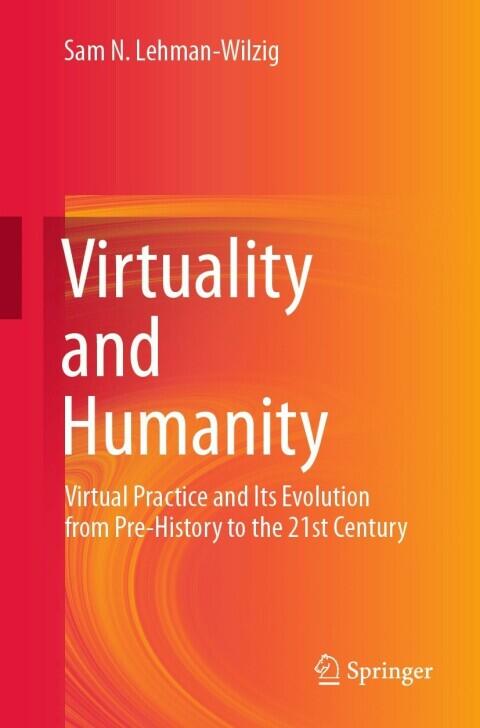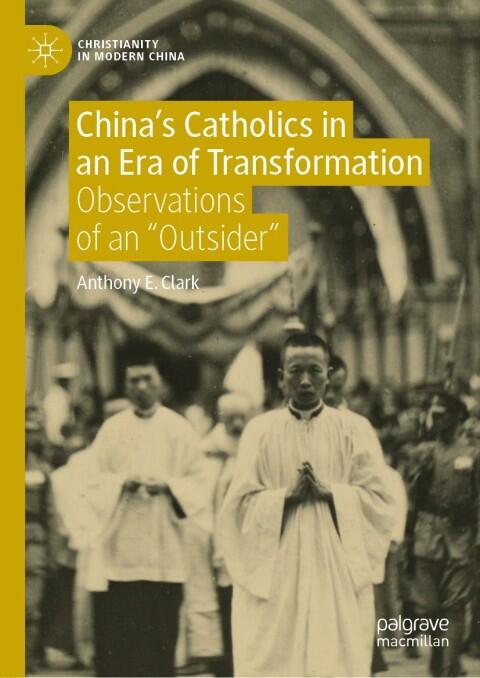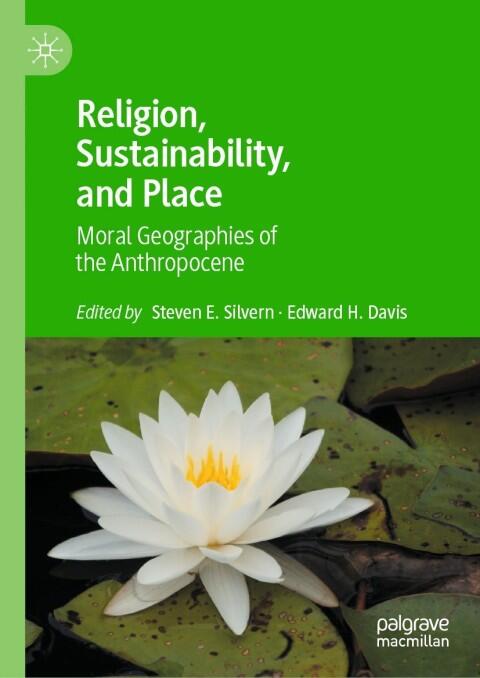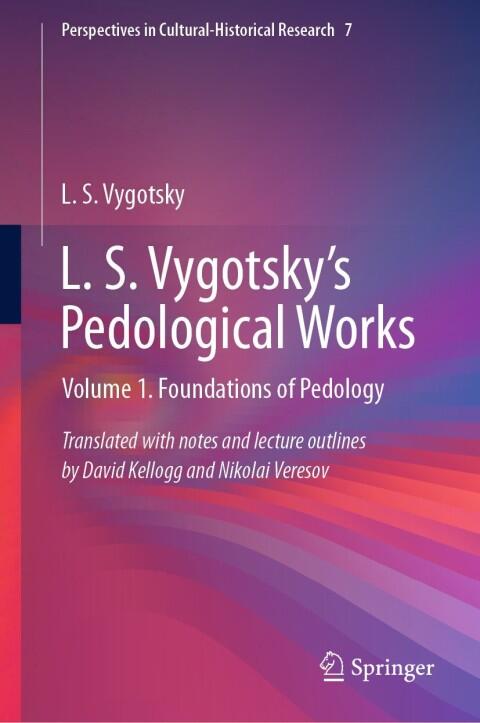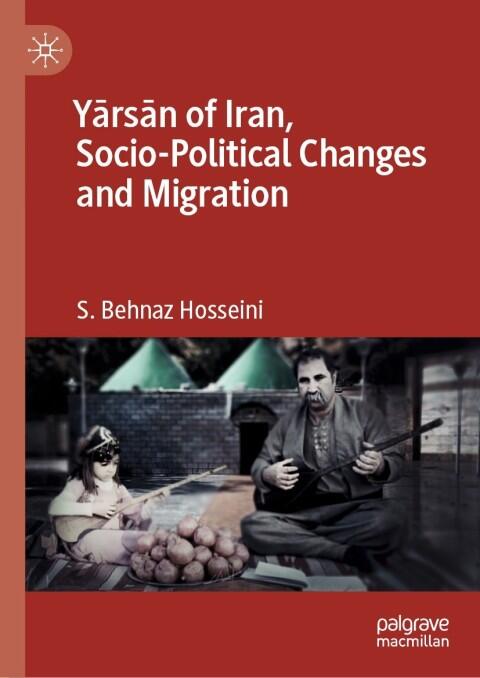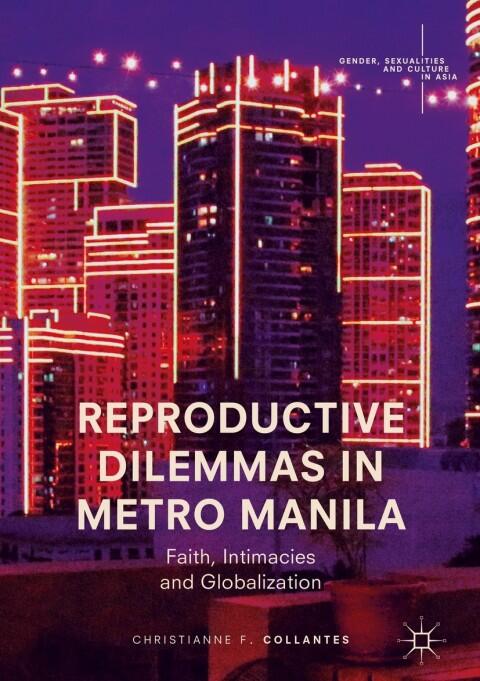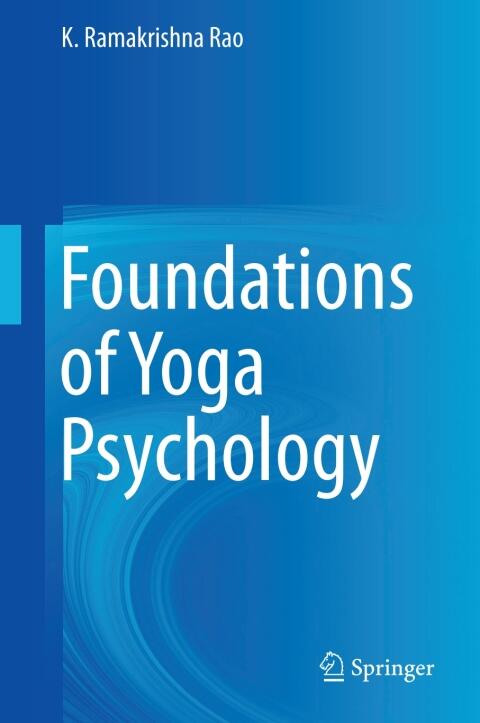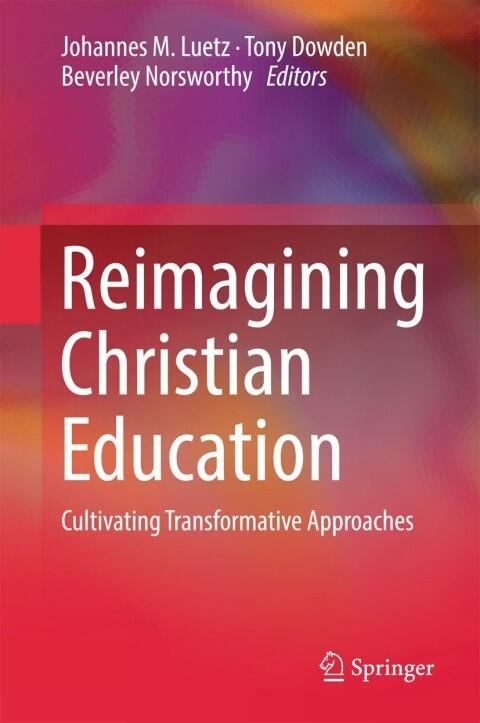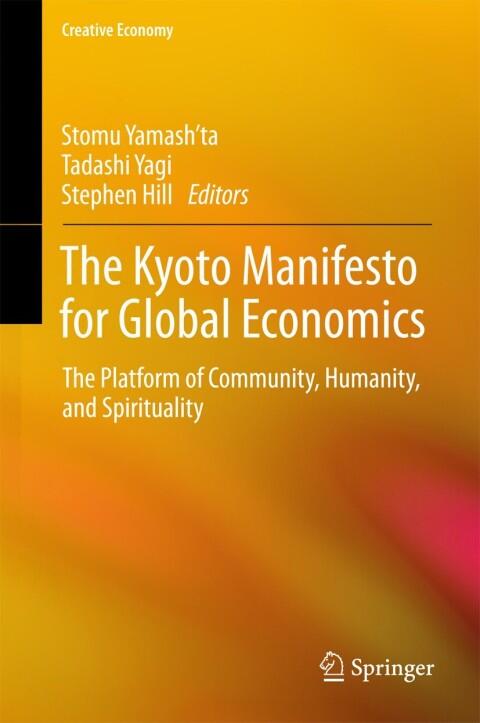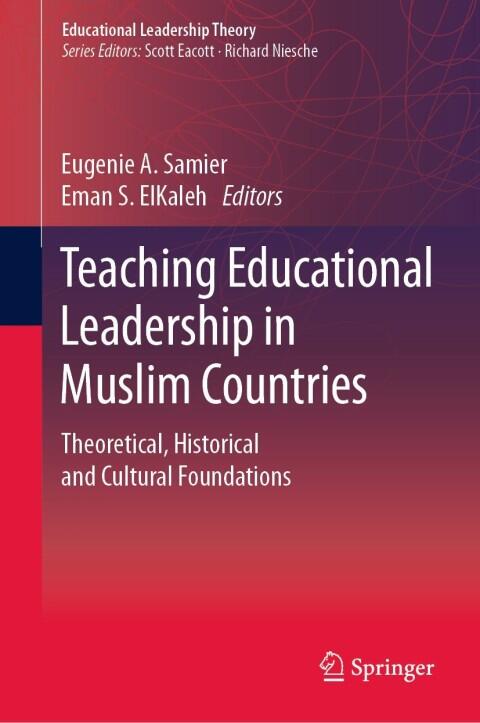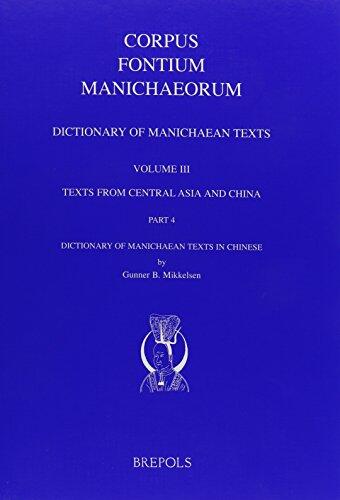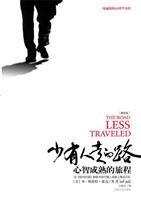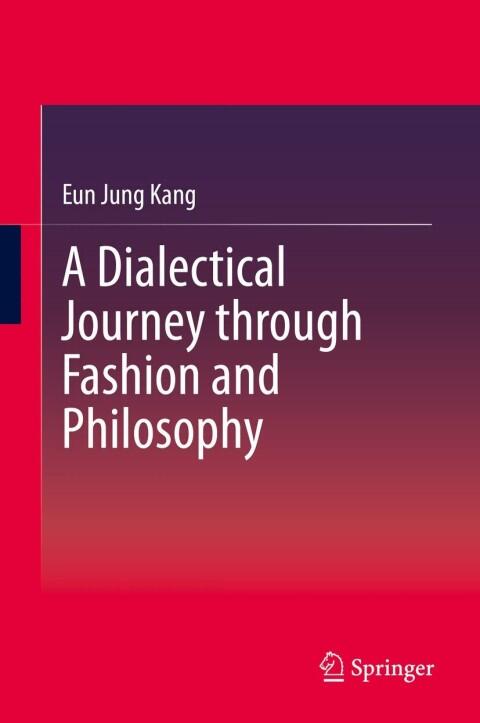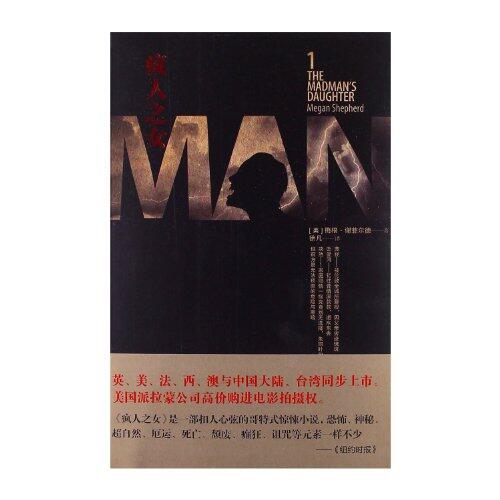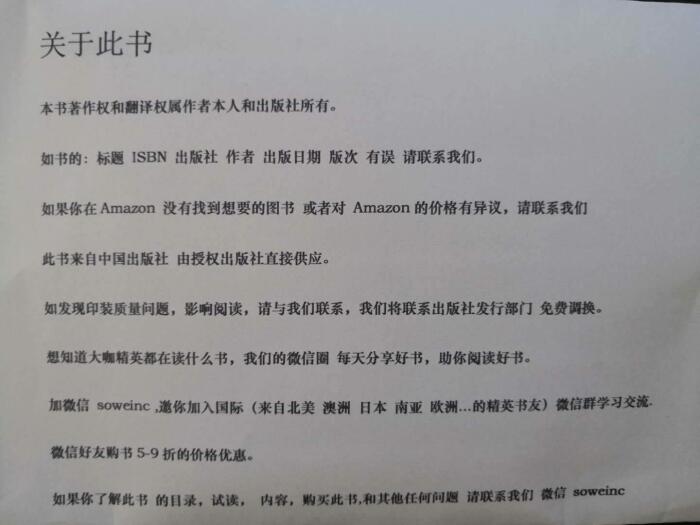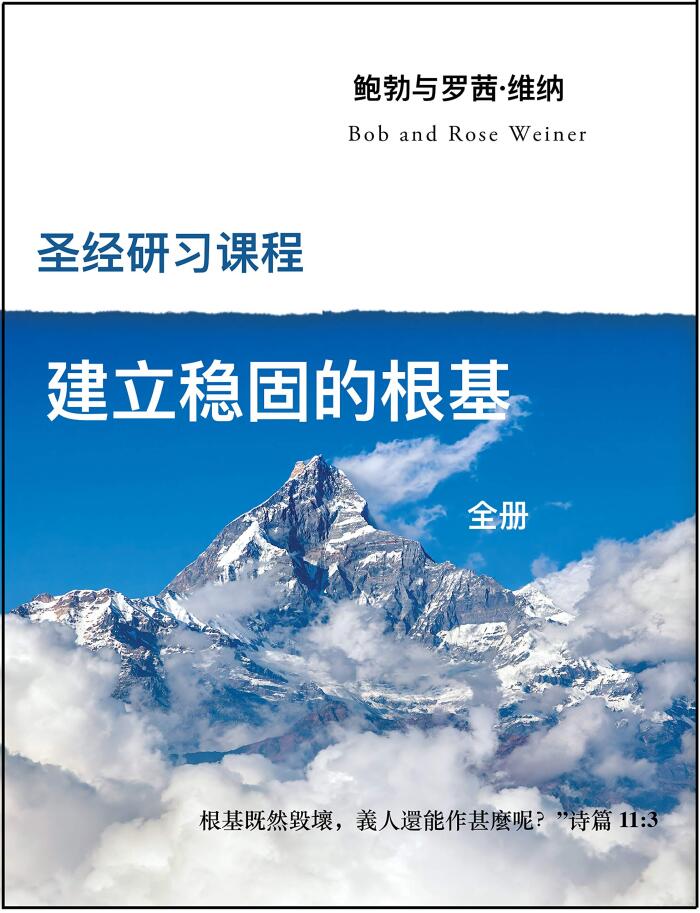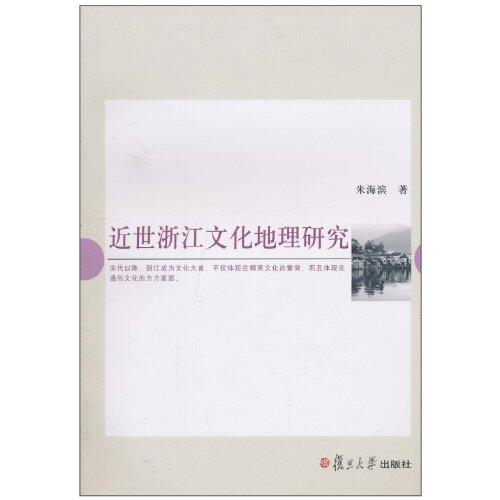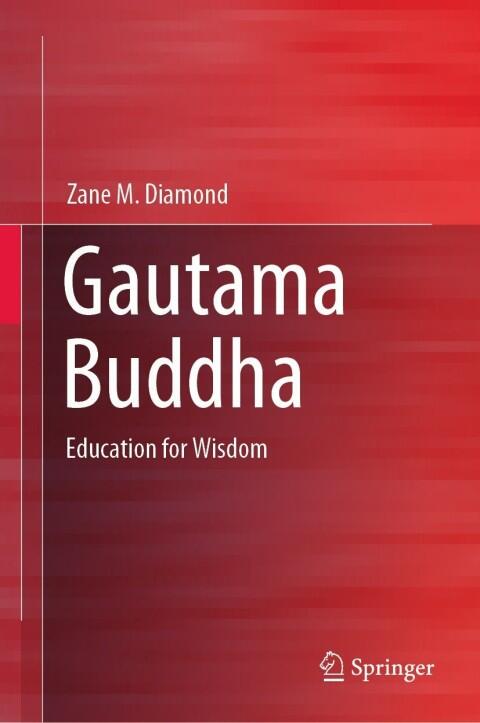
Gautama Buddha: Education for Wisdom
由
Zane M. Diamond
还没有评分
Religion & Spirituality
格式
Kindle
页数
201
语言
英语
已发布
Jan 1, 2021
出版商
Springer
版本
1st ed. 2021
ISBN-10
9811617651
ISBN-13
9789811617652
描述
Zane M. Diamond delves into the intricate philosophy of Buddhist education, shedding light on how ancient principles can be applied in contemporary learning. The exploration highlights the importance of wisdom as foundational to education, addressing not only academic growth but also the moral and ethical development of learners. Through thoughtful analysis, the author articulates how the teachings of Gautama Buddha emphasize a holistic approach to knowledge.
The work is structured around vital components of Buddhist thought, illustrating their relevance to modern educational practices. It invites educators to reflect on their own methodologies and to consider how they might integrate concepts of mindfulness and compassion into their classrooms. The discussions surrounding the cultivation of mental clarity and emotional intelligence speak to a deeper purpose of education beyond mere information transmission.
Additionally, Diamond’s writing is accessible, making complex philosophical ideas understandable to a broad audience. Readers are encouraged to engage with these ideas personally, prompting a re-evaluation of their own learning experiences and the societal systems in which they operate.
Ultimately, this examination of Buddhist education theory serves as a call to action for educators seeking meaningful change, positioning wisdom not just as knowledge, but as an essential quality for fostering a more conscious and compassionate society.
The work is structured around vital components of Buddhist thought, illustrating their relevance to modern educational practices. It invites educators to reflect on their own methodologies and to consider how they might integrate concepts of mindfulness and compassion into their classrooms. The discussions surrounding the cultivation of mental clarity and emotional intelligence speak to a deeper purpose of education beyond mere information transmission.
Additionally, Diamond’s writing is accessible, making complex philosophical ideas understandable to a broad audience. Readers are encouraged to engage with these ideas personally, prompting a re-evaluation of their own learning experiences and the societal systems in which they operate.
Ultimately, this examination of Buddhist education theory serves as a call to action for educators seeking meaningful change, positioning wisdom not just as knowledge, but as an essential quality for fostering a more conscious and compassionate society.
